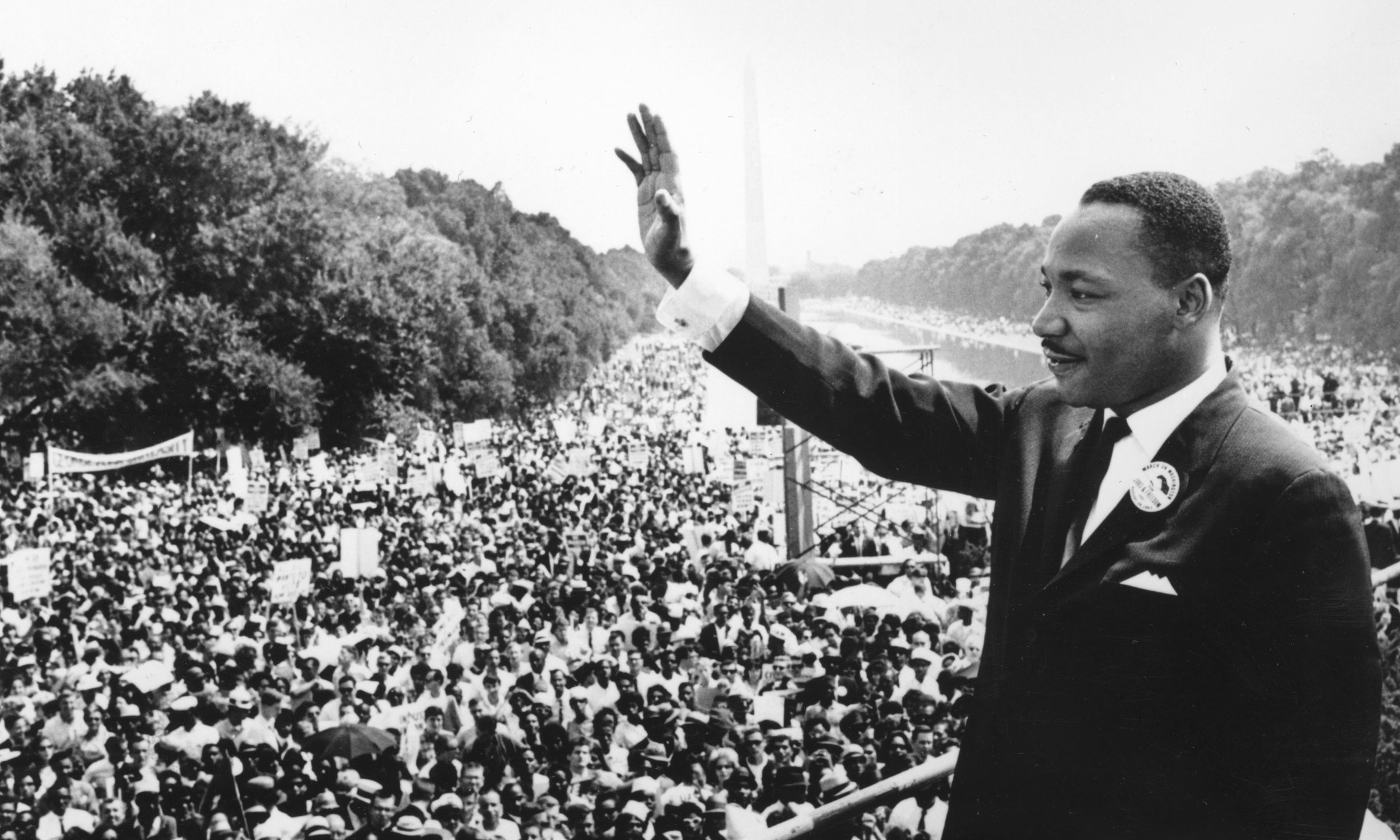Five Minute Favorite: People Who Inspire
Yesterday, we celebrated Martin Luther King, Jr. Day.
Have you talked about Martin Luther King with your child? Why, or why not?
Sometimes, we don’t talk about substantive topics with young children because we aren’t sure where to start. We are afraid of getting it wrong.
Start simply, briefly, and with a perceptible sense of interest in and connection with the topic.
When I was in the classroom, I would speak about Dr. King, particularly with four and five-year-olds, who were able to listen and engage with conversation. I described that I admired him, and why. That he advocated for all individuals - not just some individuals - to be treated with respect, regard, fairness, and humanity. We talked about what that could mean, using some simple scenarios in daily life to describe.
I shared that his speeches inspired me, and that one was particularly well known, called ‘I Have a Dream,’ which he shared before 250,000 people in Washington, D.C. That Dr. King was a great orator, and what that word means. That Dr. King crafted his words with care, spoke them with care, and that his words were powerful.
That he inspired millions to communicate and take action, and that he wanted to help this country become a place of equity, unity, and love. What those words can mean and the way they manifest. That he was the youngest person, at the age of 35, to win the Nobel Peace Prize. What that prize signifies.
Young children can start to become conscious of the impact of others, and of their own potential for impact, when we offer them the opportunity to gain awareness.
When we tell stories about individuals like Dr. King that foster connection and understanding. When we explain things in a manner that is appropriate for a young age - somewhat brief, based on interesting details that we describe with clear, simple language.
I was not going to rely solely on reading a book to talk about Dr. King, although books can be helpful. I wanted to start to share some of Dr. King’s story in a more personal and specific way.
This all might seem simplistic, but I think it is pretty common for parents to not tell small yet substantive stories like this - or when they do, to tell them in ways that aren’t aligned with the learning capacities and needs of young children - specifically by using way too much irrelevant detail and discussing at unnecessary length, or by relying on a book that does the same.
Will you try talking with your child about someone you admire, and why?
Perhaps you start with Dr. King.
Perhaps you start with your grandfather, your godmother, a colleague, a teacher, a mentor.
A beloved artist, musician, scientist, historian, author.
A figure you have never met, from this time or another time, or a figure very much a part of your life.
Talk with your child about people who inspire you, and why.
And watch to see if your child starts noticing inspiring individuals in their own life, and talk with them about those people, too.
